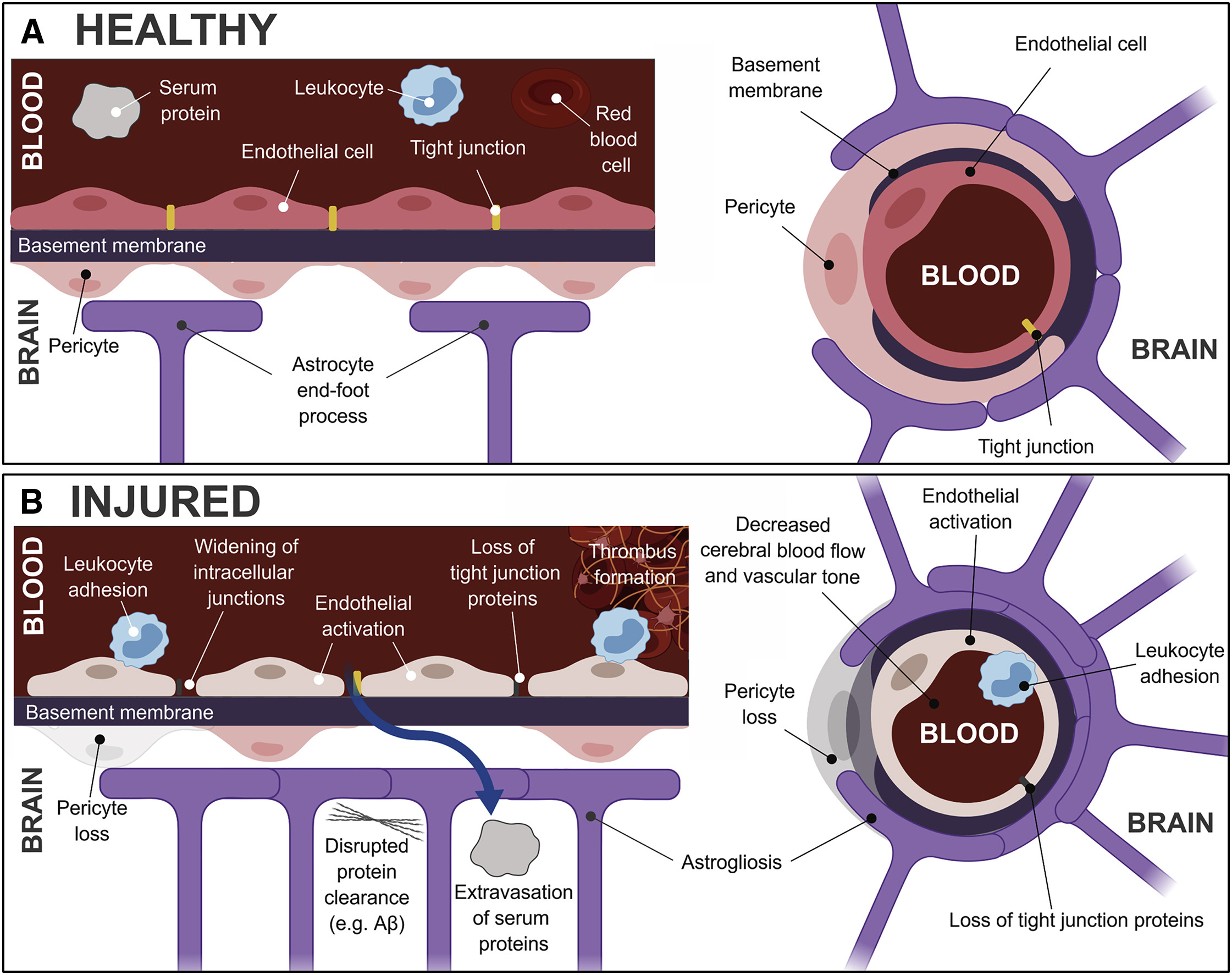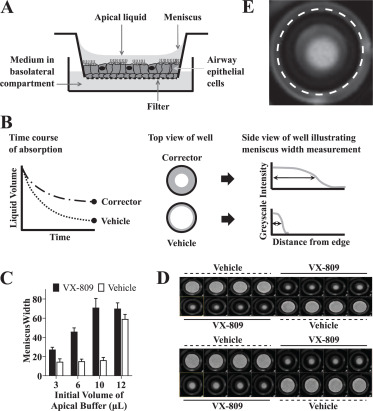World Development, Volume 120, August 2019
This study analyzes the relationship between social inclusion of lesbian, gay, bisexual, and transgender (LGBT) people and economic development. It uses legal and economic data for 132 countries from 1966 to 2011. Previous studies and reports provide substantial evidence that LGBT people are limited in their human rights in ways that also create economic harms, such as lost labor time, lost productivity, underinvestment in human capital, and the inefficient allocation of human resources.
World Development, Volume 120, August 2019
The number of countries with a national development plan has more than doubled, from about 62 in 2006 to 134 in 2018. More than 80 per cent of the global population now lives in a country with a national development plan of one form or another. This is a stunning recovery of a practice that had been discredited in the 1980s and 1990s as a relic of directed economies and state-led development. Several factors have fostered this re-emergence but from about 2015 the momentum for producing plans has accelerated, driven in part by a need to plan for the Sustainable Development Goals (SDGs).
SLAS Discovery, Volume 24, 1 August 2019
The Lancet Psychiatry, Volume 6, August 2019


